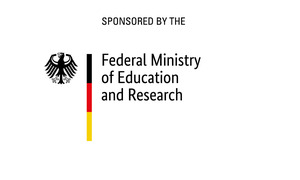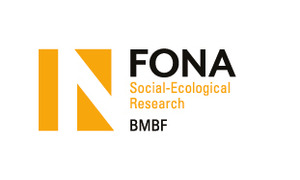Many new community-based organizations rely on the assumption that platform technology can aggregate judgements of their members into results more effectively than individual judgements. This “wisdom of crowds” effect is typically explained by stochastic effects that erase individual psychological biases. We deviate from this psychic-stochastic explanation by highlighting the relevance of organizing and technology: When applying a sociological institutionalism perspective to knowledge production, it becomes clear that institutionalized processes such as typification, integration, abstraction, and legitimation are mechanisms of organizing everyday knowledge in communities that go beyond stochastic effects. When distinguishing technological layers of platforms, the relevance of organizing principles for specialization, variation and generalization becomes visible. How everyday knowledge production and technological layers are intertwined is demonstrated by analyzing Wikipedia in general and the development of blockchain on Wikipedia in particular. We reconstruct how a dynamic semantic network of legitimizing and delegitimizing concepts evolves around blockchain and observe how Bitcoin, which is surrounded by stigmatizing concepts, is generalized to blockchain, which is free of stigma and becomes embedded in various knowledge domains. The empirical example demonstrates that platforms that support theorization processes can aggregate individual judgements for “wiser” results. With this research, we deepen the understanding of relational theorizing by highlighting the importance of legitimation and stigmatization within institutional analysis. Additionally, we revive the application of institutional analyses in the domain of technology studies.
31/07/2020




